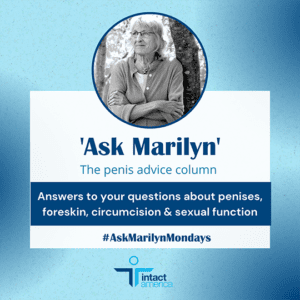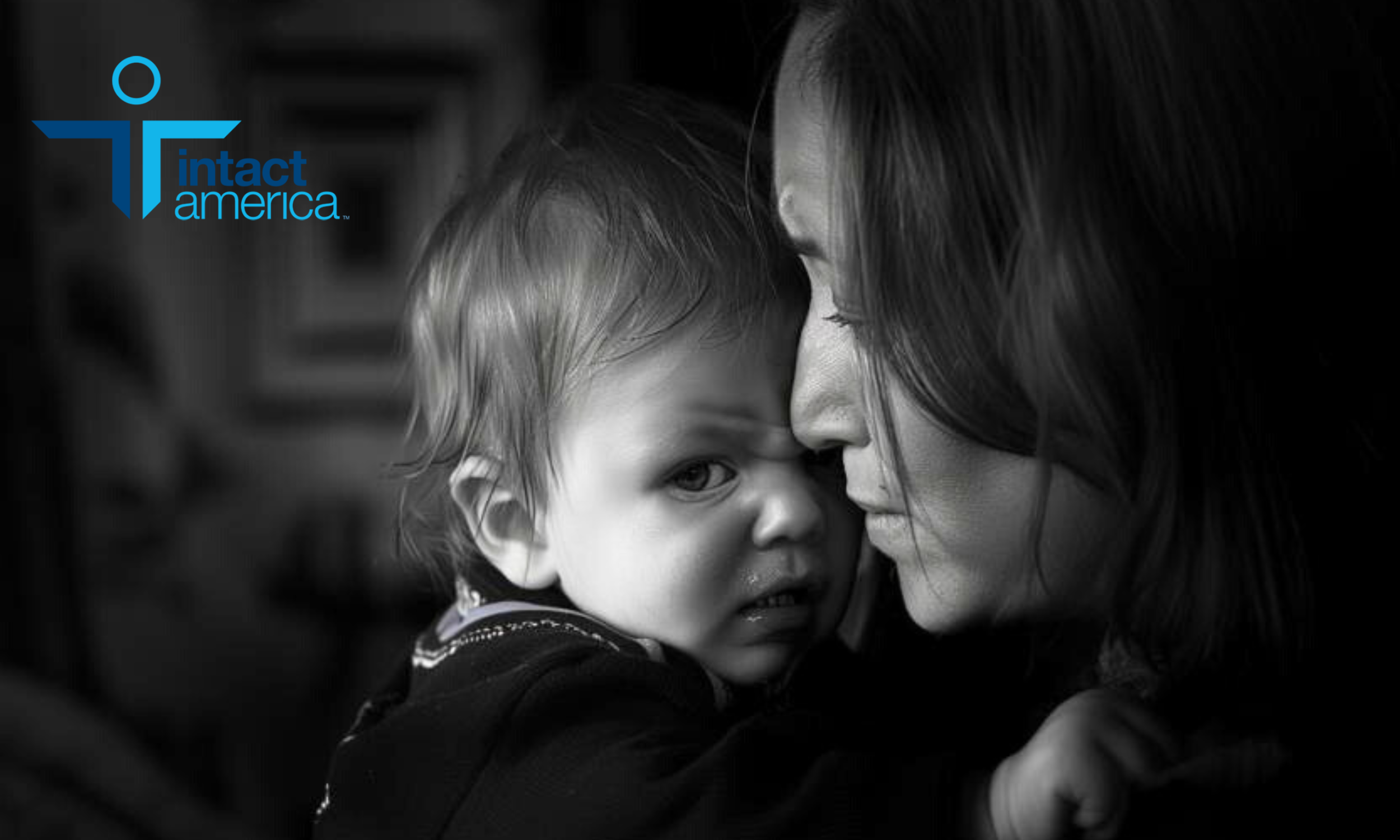 Dear Marilyn,
Dear Marilyn,
The doctor cut off only a little bit of foreskin—way less than I’ve noticed in other circumcised babies his age (4 months)—when she circumcised my son. Should I take him for a second circumcision? Should I do it now or wait until he is older? How old?
—Sophia
Dear Sophia,
Many doctors are beginning to understand that the extreme removal of foreskin tissue also removes the ability to have a normal, full erection. Without that tissue, men suffer from tight and painful erections. The foreskin is meant to cover and protect the glans (head of the penis) and the urinary meatus (opening). The tissue at the opening of the foreskin contains thousands of nerve endings that provide a male with the ability to ride the wave to orgasm the same way women do. These are cut off with circumcision. This is what doctors should tell parents as part of an “informed” consent, but they often do not understand the protective, immunological, sensitive, and sexual benefits of the foreskin because they themselves are likely circumcised or their spouse is. Hopefully your son’s remaining foreskin will protect enough of his glans to maintain its sensitivity. Many circumcised males are using stretching techniques to re-cover the glans to regain sensitivity and, when your son grows up, should he want to do that, he’ll have a head start.
—Marilyn





